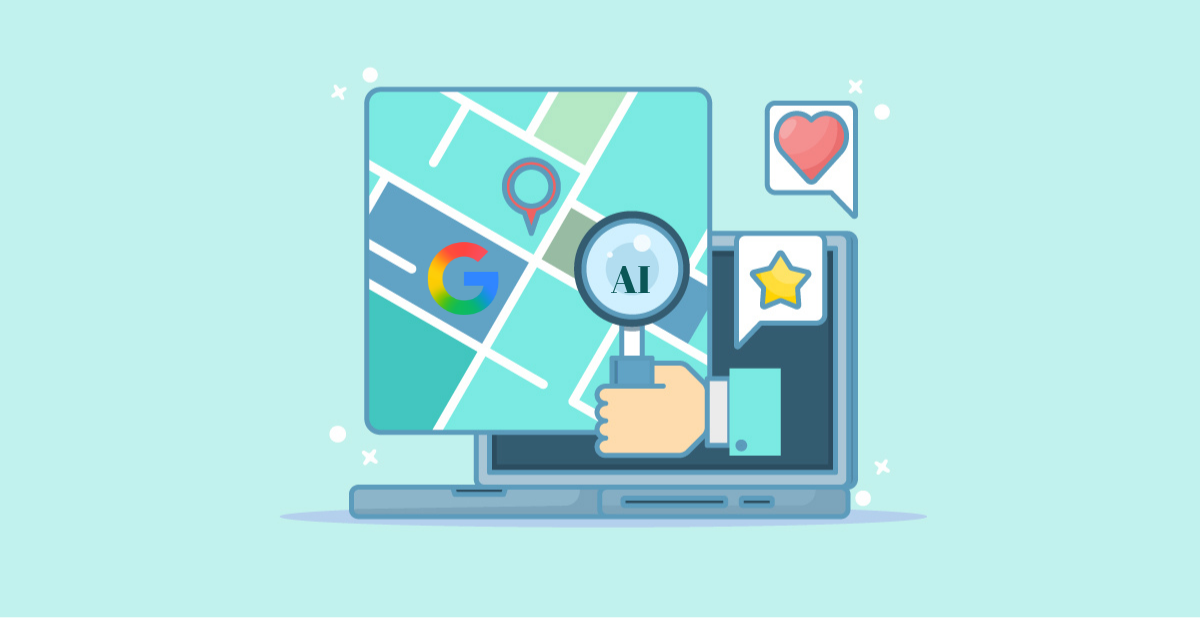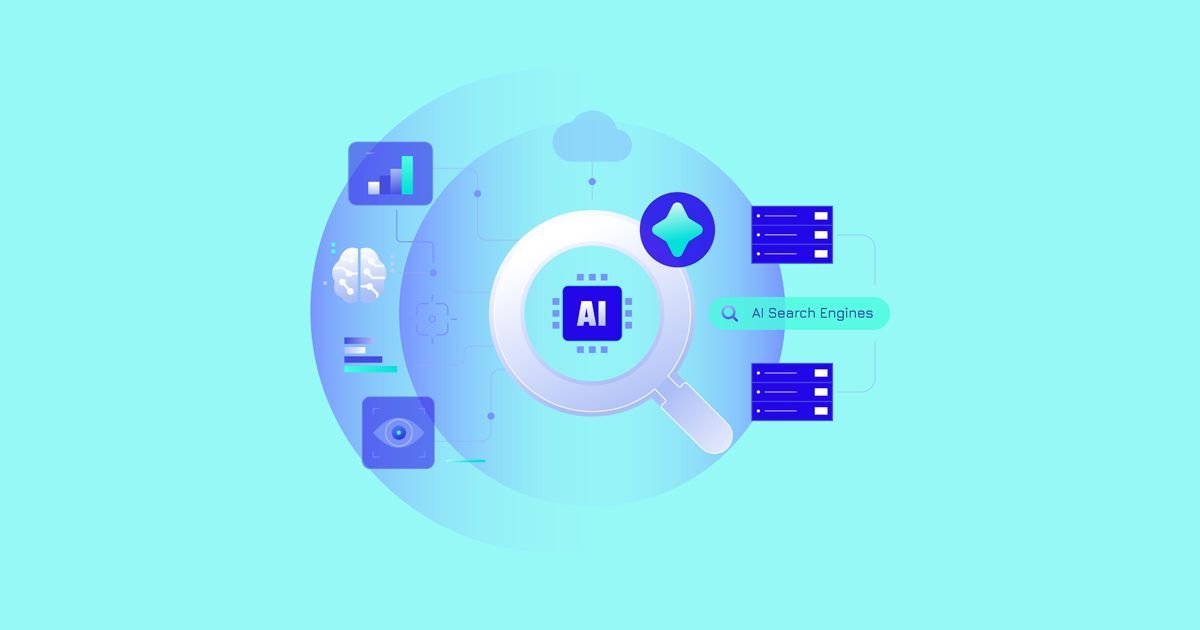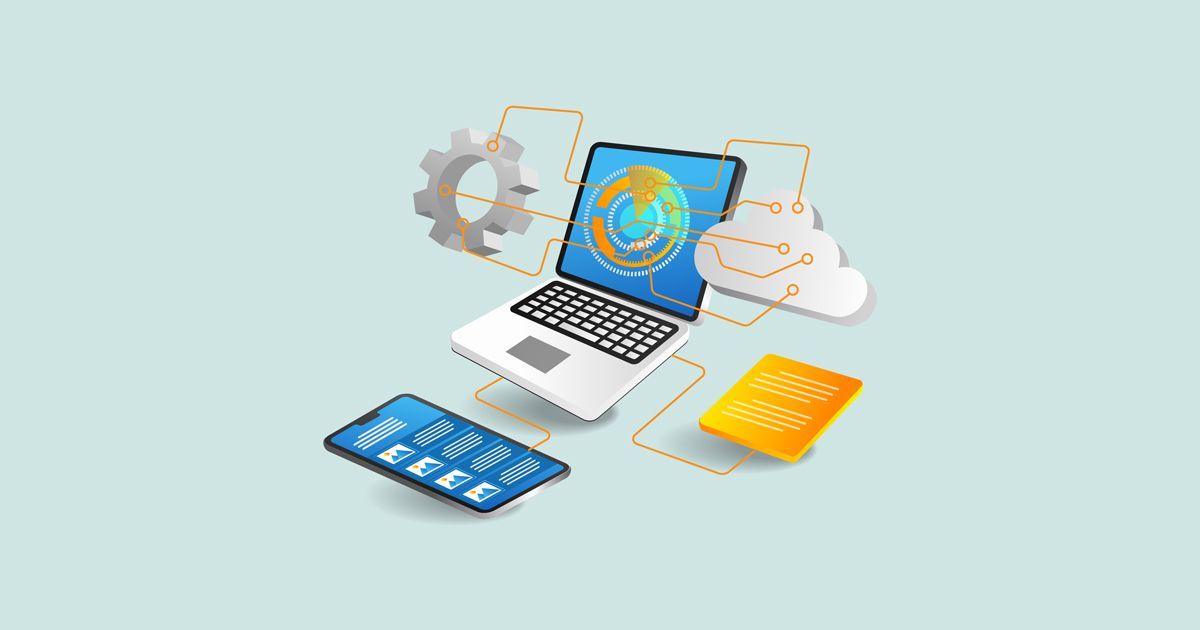How to Create Local Inbound Links for your Website in 2025
How to Create Inbound Links for Your Local Business Website in the World of AI
Being a business owner is hard work, a job that requires focus, dedication, and a willingness to advocate for your business. . Here’s how to ensure your local business website is generating quality inbound links in 2025.
Managing a local business means always working on its growth and public presence. As search engines grow more advanced, particularly with AI integration, local SEO techniques have seen substantial changes over recent years.
There are three critical things you need to do for successful SEO:
- Your website needs to be crawlable by Google and other search engines
- You need to optimize your webpages
- You need quality backlinks
In this article we are going to cover the inbound links!
Inbound links will help your business move forward, creating more traffic for your website and getting the attention of those who before this may have been unaware of your business. For some though, generating inbound links can be a daunting task but it doesn't have to be!
The truth is that while inbound linking can take some time, and you’ll certainly have to work at it, in the end it will be incredibly worth it when it comes to growing and expanding your business.
Below we share six of our best tips on creating inbound links to help your local business website:
What are inbound links?
Inbound links, also known as backlinks, are hyperlinks from external websites that point to a page on your website. They are important for SEO as they can increase the visibility and authority of your site.
Inbound links will help your business move forward, creating more traffic for your website and getting the attention of those who before this may have been unaware of your business. For some though, generating inbound links can be a daunting task but it doesn't have to be!
The truth is that while inbound linking can take some time, and you’ll certainly have to work at it, in the end it will be incredibly worth it when it comes to growing and expanding your business.
Below we share six of our best tips on creating inbound links to help your local business website:
How can your local business can secure high-quality inbound links
Below we share six of our best tips on creating inbound links to help your local business website:
1. Sponsor or Donate to a Local Club or Organization
Get involved in local groups and organizations that stand for something you’re passionate about. It could be anything. It doesn’t even necessarily have to relate to your business, as long as it’s something you care about. If you love animals, you can support your local animal shelter. Do you appreciate art? Then give to an art gallery. Love playing or watching soccer? Sponsor a town soccer team. Most groups or organizations love to support their sponsors by creating links to their business on their Facebook pages or websites.
2. Offer Discounts
Discounts are great; they help save some people a lot of money but can also benefit your business if you’re willing to offer them. Giving discounts to groups such as students or veterans can catch the attention of local alumni associations and websites that track discounts, who’ll in turn offer a link to your website.
3. Leverage Local Partnerships
Just as you wish to be supported, support other local businesses and they’ll be more likely to return the favor. Connecting with other business owners or leaders in your community can be beneficial for all involved. Such connections enable you to reach people you may not have otherwise. Promote their upcoming events, talk about them in your blog posts, write a testimonial, etcetera.
4. Join Your Local Chamber of Commerce
Being connected is key, and what better way to do that than to join your local Chamber of Commerce. When you join, you get the opportunity to meet owners of other businesses, some you may not have had the chance to meet otherwise. Getting to know and connect with other business owners who have a solid tie to the community means that you are able to in good conscience support their businesses, and in return, they can support yours.
5. Get Accredited with the Better Business Bureau
People will usually only put links on their websites or blogs if they believe in the quality of the business. Getting accredited with the Better Business Bureau assures not only your customers, but also those in the position to support your business and link your website on their own. If they can be assured that your business is trustworthy and of high quality, they are more likely to want to openly support your business on their website.
6. Join Alignable Network
Alignable is one of the most useful resources for anyone who is starting a small business. With over 5 million members, Alignable is a source where small business owners across America can form relationships and connections with each other. With this they are able to get the word out about each other's businesses and be able to have their connections bring in more business for them to grow and expand.
Having over 30,000 local communities on their site, it won't be hard for anyone to make connections with other business owners in the same area. Alignable is the perfect place to start advertising you and your business.
7. Do Better Research Using AI to Understand Your Local Audience
Use AI tools for deeper keyword research, understanding local search intent, and generating content that resonates with local audiences. AI can also assist in predicting trends for local events or interests that could benefit your linking strategy.
8. Make Sure your Website is Optimized for Mobile
Ensure your site is fully optimized for mobile, considering the rise in mobile searches for local businesses. This includes fast load times and intuitive navigation which indirectly influence your linking potential through better user engagement.
9. Create Video and Optimize for Voice Search
Incorporate video content that can be shared by local influencers or on community platforms, providing natural backlink opportunities. Optimize for voice search queries as they are increasingly common for local searches.
Did acquiring backlinks strategy changed the the last few years?
Here is a summary of changes of acquiriung backlings to your website:
Emphasis on Quality Over Quantity
There's been a significant shift from collecting as many backlinks as possible to focusing on acquiring high-quality, relevant backlinks. This change was influenced by Google's algorithm updates, which penalize low-quality or spammy link practices. Search engines now prioritize backlinks from reputable, authoritative websites, especially those with local relevance.
Local Content Creation
The importance of creating content tailored to local audiences has grown. This includes writing about local events, news, or guides which naturally attract backlinks from local websites, bloggers, and community organizations. Such content is seen as more linkable because it's directly relevant to local searchers.
Relationship-Based Link Building
There's been a move towards building genuine relationships for link acquisition rather than relying on transactional methods like paid links. This includes guest posting, collaborations, or participating in local events and community initiatives where backlinks can be earned naturally through partnerships.
Use of Local Directories and Citations
While general directory listings have decreased in SEO value, niche and high-authority local directories remain significant for local SEO. Ensuring consistent NAP (Name, Address, Phone) information across these platforms is crucial, as it not only helps in backlink acquisition but also in establishing local presence.
User Engagement and Experience
Modern SEO strategies emphasize user engagement and experience, which indirectly affects backlink acquisition. Sites that provide value, have good user signals (like low bounce rates), or offer unique local insights are more likely to earn backlinks. This includes leveraging tools like Schema markup for better local SEO performance.
Technological and Algorithmic Shifts
With advancements like AI in search algorithms, there's an increased focus on content quality, relevance, and context. Google's SGE (Search Generative Experience) and similar moves indicate a future where the quality of content and user intent matching might play larger roles in backlinking relevance.
Negative Backlinks and Sentiment Analysis
Google now has systems in place to analyze user sentiment and penalize negative backlinks that could harm a site's reputation. This encourages a focus on positive, earned links through genuine community engagement or content that adds value.
By adopting these strategies tailored for 2025's SEO landscape, your local business can secure high-quality inbound links that not only boost your SEO but also enhance your community presence and customer engagement. If you need help navigating these changes, consider consulting with the experts at Local Business First professional who understands the dynamic nature of local SEO.




